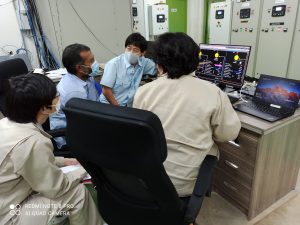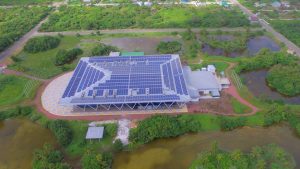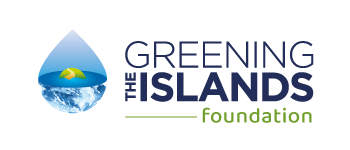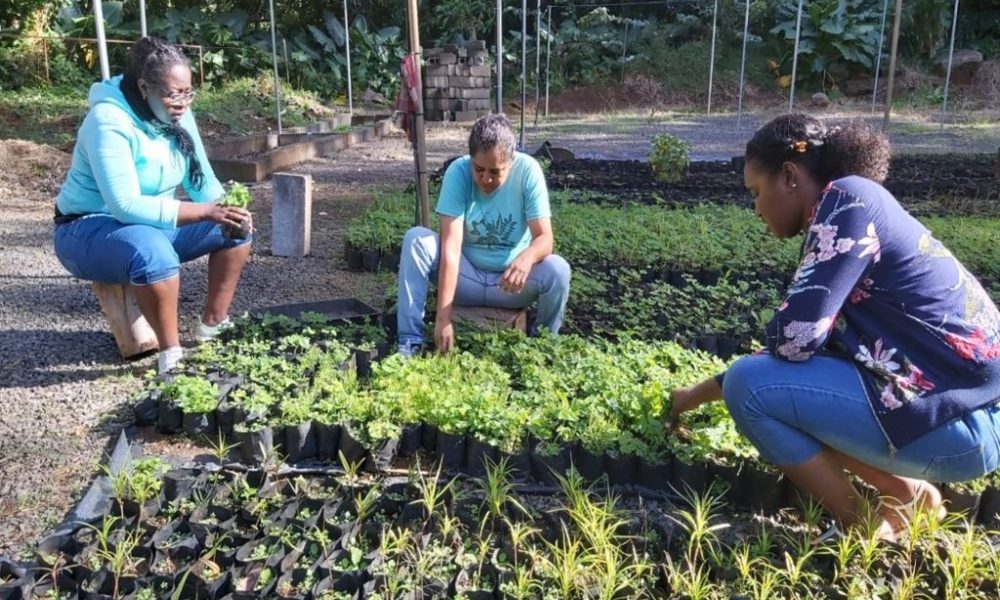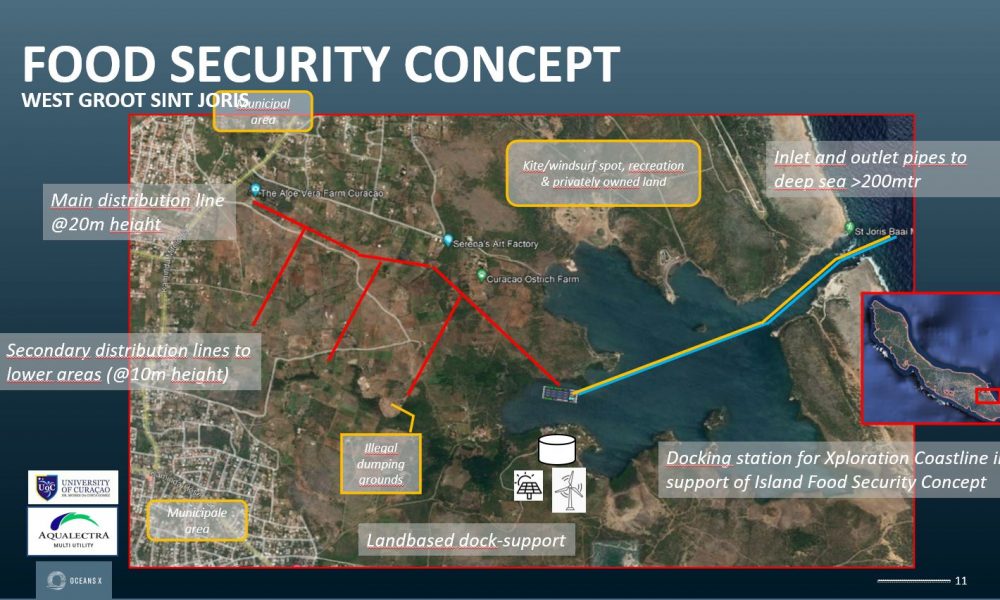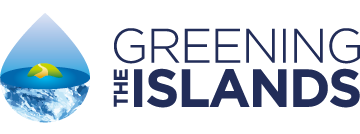Winner energy 2021 – Maldives
Projects
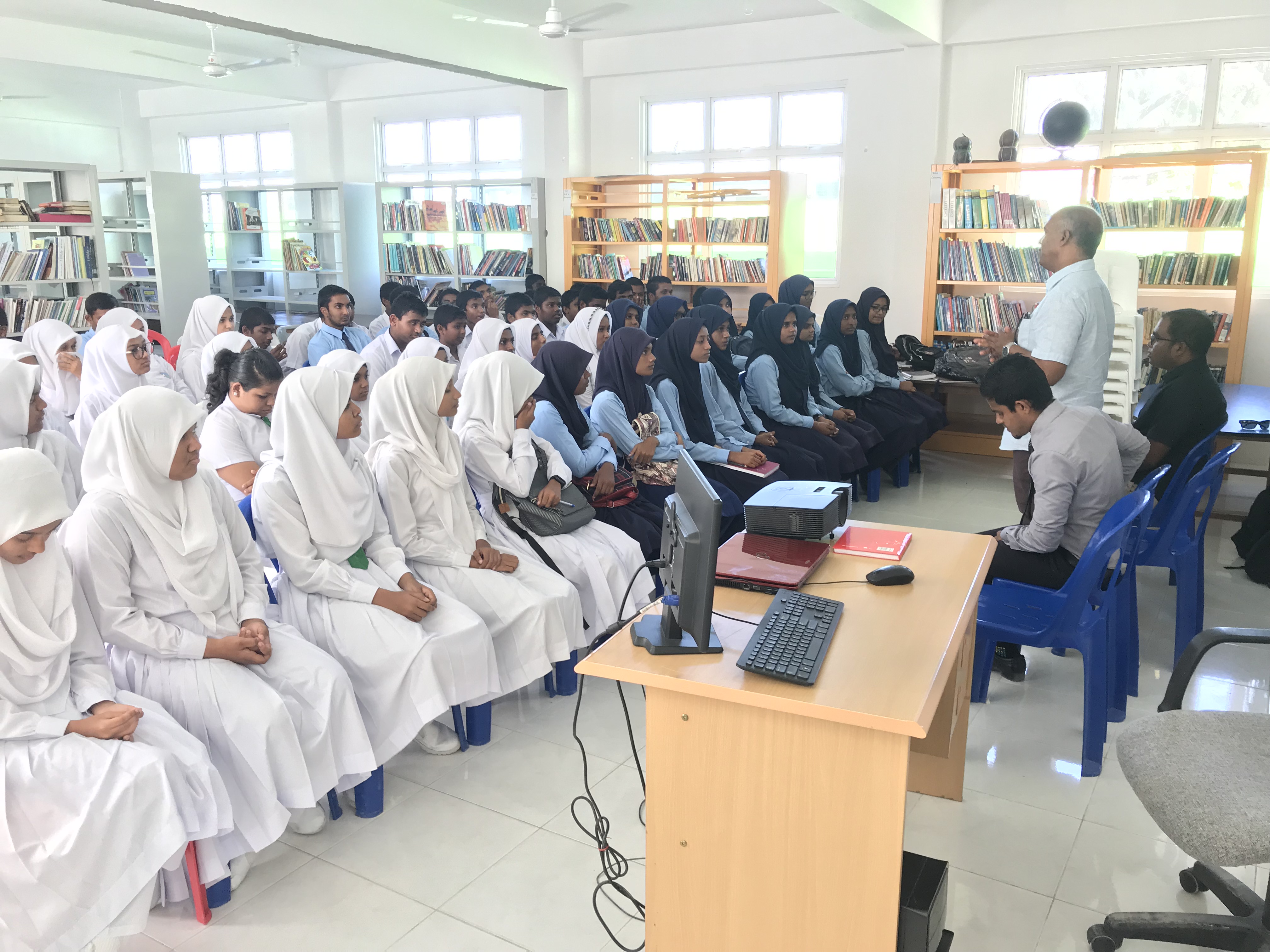
Preparing Outer Islands for Sustainable Development (POISED) and its Additional Financing
Winner GTI Awards 2021 – Renewable energy and energy efficiency
General information:
Island (Region, Province, Country):
Maldives – Republic of Maldives
Population:
up to 200.000 inhabitants
Budget / cost of the project:
ADB – $ 48 .47 Million
Project partners:
Asian Development Bank (ADB) (Main partner)
Partner type of involvement:
Asian Development Bank as key partner implementation support in addition to financial and technical advice as needed for the design and implementation of Solar PV – Diesel- Hybrid system in outer islands of the Maldives.
Remaining partners provide financial support for the establishment of the hybrid systems in outer islands.
Other partners:
Climate Investment Fund (CIF/SREP), Japanese Fund for Joint Credit Mechanism (JFJCM), European Investment Bank (EIB) and Government of Maldives.
Project objectives:
The POISED project is the first large-scale solar PV -battery hybrid initiative—and largest energy sector intervention in the Maldives—in the outer islands, and a proof of concept that investing in renewable energy is financially sound. The project also shows how investing in renewable energy helps Maldives move away from fossil fuels and secure a sustainable future, while helping de-risk renewable energy investments.
The expected results are (i) Reduce dependence on diesel-generated electricity, (ii) Increase renewable energy capacity, (iii) Reduce greenhouse gas emissions from diesel savings (iv) Reduce the cost of electricity and (v) Improve livelihoods, including gender inclusive opportunities for microenterprises and island communities.
https://www.adb.org/news/adb-inaugurates-project-replace-diesel-systems-solar-hybrid-across-maldives
https://www.climateinvestmentfunds.org/news/preparing-outer-island-sustainable-electricity-development-project-poised
Maldives Set to Develop Solar Battery-Diesel Hybrid Systems – Mercom India
Project description of activities and specific interventions:
The POISED project is a flagship project in the region that introduces Solar PV – Battery hybrid system with energy management system and grid upgrades covering more than 160 outer islands. The project covers large number of dispersed islands from north to south in the country making it a unique intervention across any SIDS. The islands are the places where poor and vulnerable population in Maldives live, which makes the project more impactful and meaningful. It is the key project, which initiated the outer islands de-carbonization strategy back in 2015.
The POISED project aims to facilitate the installation of solar-PV-battery diesel hybrid systems meeting a minimum of 70% percent of the daytime peak load demand in more than 160 islands with approximately 28 (21 + 7) MW of Solar PV and an annual electricity output of 27.6 GWh. This includes installing energy management and control systems, increasing energy storage capacity up to 8-megawatt hours (MWh), alongside improvements in energy efficiency and improving distribution networks in all islands covered under the project.
The project interventions also included:
- the preparation of a renewable energy roadmap
- innovative components to decarbonize other sectors such as the use of community solar ice-making plants to support fisheries, a pilot project solar battery operated ferry to initiate de-carbonization of transport sector
- extensive capacity building for outer islands including supervisory trainings for FENAKA and STELCO to ensure the project sustainability.
In addition, the project intends to enable private sector renewable energy generation projects through public sector-led investments to strengthen the electricity grids.
https://www.adb.org/projects/46122-005/main#project-overview
Public outreach, education and awareness efforts and results:
The project has strong community support in the islands. The solar-PV-battery diesel hybrid systems reduce the running time of diesel-powered engines, which reduces air pollution and noise levels improving the quality of life for the residents. The project has provided employment opportunities during project construction and supported microenterprise development and gender inclusive opportunities through productive energy use.
The POISED project is expected to contribute to a tariff reduction for the consumers once solar energy has a higher degree of penetration. The project also raised awareness on renewable energy and energy efficiency among the island community through sensitization programs covering various groups such as Women Development Committees (WDCs), island councils, women leaders, government officers, students, teachers, youth and NGOs. In addition, the project also conducted career guidance sessions for students from grades 8 to 10 and 12. Awareness programs were conducted in 111 islands covering over 12,908 participants (more than 50% of women) and 6,745 students (3,292 female and 3,453 male). All existing 49 WDCs (245 members) were consulted and sensitized on renewable energy and energy efficiency. About 2,104 utility officers (296 female) were consulted and given training during the installation phase.
Economic value added and how calculated:
Without the project, power demand would be served through existing inefficient diesel-based energy mini grids, which have additional costs associated with diesel-based generation, transport cost of fuel to remote islands, capital replacement, spare parts, and lubrication oil. The hybrid (PV-Storage) renewable energy systems with relatively low operating costs will displace inefficient diesel generators. Benefits identified are (i) avoided fuel costs when diesel-based generation is offset by equivalent amounts of renewable generation and (ii) the environmental benefits from reduced carbon dioxide emissions. The economic analysis indicates an economic internal rate of return of 17.7%.
The project will also improve financial and operational performance of the power utilities. Without the project, the power utilities would continue to pay for expensive fuel and incur high operating costs. Project cash flows are calculated by subtracting projected cash flows for the without-project scenario from projected cash flows for the with-project scenario. The results indicate a financial internal rate of return of 7.51%.
Reduced emissions from the hybrid systems would positively benefit people’s health and thus economically benefit through avoided health costs.
Ecological and social project outcomes:
Renewable energy mini grids can be an ideal option for remote island communities where access to affordable and clean energy is critical to women’s quality of life. In the Outer Islands, household energy sources and energy consumption patterns play an important role in home-based micro-enterprises where women tend to be concentrated. Women’s energy needs in relation to income generation activities are closely linked to the following factors: (i) patterns of household energy use and consumption, and (ii) women’s reproductive labor in the home. These solar PV minigrids are a good opportunity to undertake ice-making activities which will impact fishery activities and production and therefore can expand women’s income-earning opportunities and community-based enterprises.
The hybrid systems also provide ecological benefit in terms of reduced emission and pollutants. An estimated 38,000 tCO2e/year of CO2 will be reduced from implementing the project. This will provide overall positive impacts to the ecosystem as well as community health.
https://www.linkedin.com/posts/jaimes-k-82b52920_adb-sard-moe-ugcPost-6745263895574921216-exMM
